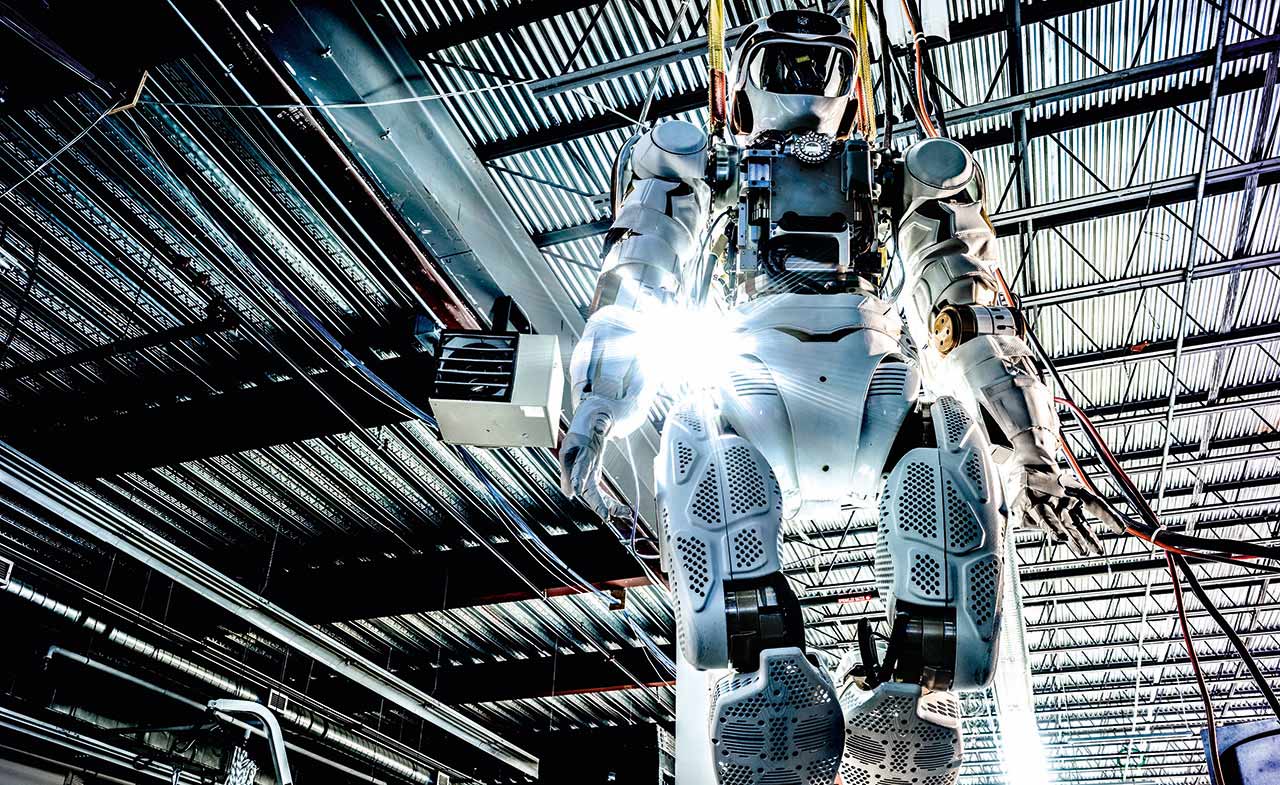Is our world going through an especially tumultuous era, or does it seem like that for every generation? Whether or not our times are more turbulent, they’ll leave an indelible mark on the pages of history
Timelines provide a precise, orderly overview of the messy business of history. With the stroke of a thin black line, stone-making Homo habilis yields to Homo sapiens in sub-Saharan Africa, the violence of the Five Dynasties passes to the Song upon China’s central plains, and the Medieval smoothly transitions to the Age of Discovery at the end of the 15th century.
Yet underneath each historic label lies a mesh of developments and events whose complex interrelationships come to define that era. They are also the forces that eventually drive the transition to the next historic period.
Our world is undergoing a transition that will soon allow historians to add yet another stroke to their charts. Recent events have shown that the old multinational system of institutions, rules and alliance, led by America, and which underpinned global prosperity since the second world war, can no longer be taken for granted.
Beyond the geopolitical, there are disruptive social, political, scientific and technological developments that are contributing to a growing mood of insecurity and instability. While from the viewpoint of any era, the world can appear particularly tumultuous and chaotic, historian Ian Goldin believes that our times are exceptional, so much so, that is even possible to say that, “We are in a Renaissance moment.”
If Goldin is right, while our era is not necessarily more turbulent than others, it may leave a more indelible mark on history’s page. For the Renaissance, he explains, was not only a revival of human creativity but also “a contest for the future.”
NEW AGE OF DISCOVERY
Our new age began around 1990 with the end of the Cold War, the opening up of China, spreading globalization and democracy and the birth of the internet. Globally, these forces delivered unprecedented economic growth, falling poverty and the genius that delivered momentous advances in science, technology and health.
Today, humanity is healthier, wealthier, more integrated and better educated than ever, in part, because of these developments. Nevertheless, there are long-term shocks still rippling through the system. For example, the Allianz Risk Barometer charts annual business risks. In 2017, business interruption and market developments remain – as ever – the number one concern. Yet, as John Drzik of Marsh Global Risk and Specialties and Myles Allen of Oxford University discuss, the triggers are changing. While interruptions through natural catastrophes are what businesses fear most, the nature of risk is shifting towards cyber incidents, or acts of terrorism or political violence stemming from social instability.
Trepidation is evident elsewhere. The European Union, notes Ludovic Subran, chief economist at Euler Hermes, has been a certainty for six decades. It encompasses one of the largest and strongest economic areas in the world and provides the continent with the critical mass to compete robustly in international trade.
Despite this, the EU is under fierce attack. Is the project doomed as pessimistic forecasters will have it? Subran argues the European Union is more resilient than many believe, but regardless of Brexit and its consequences, the European Union must change in order to address the underlying discontent.
Throughout history, the size of the change has been proportionate to the scope of economic and social progress eventually opened up. The next few decades promise much hope, innovation and inclusion, but we should also be aware they will also be an extraordinarily challenging.
Populist revolts, resurgent protectionism and rising levels of xenophobia and extremism are all symptoms of our transition. They reflect the manner in which the economic and technological disruption of our age is uprooting the past and present at an unprecedented rate and resulting in uncertainty, unease and ambivalence.
DESTRUCTIVE DOMINANCE
Yes, autonomous vehicles may virtually eliminate traffic accidents and bring welcome traffic and fuel efficiencies, but they will also herald another massive wave of job losses. New technology may be pushing the boundaries of remote health services, but they may also push fiscal boundaries of health systems as populations age. At a time when trust in governments, business and media is at an all-time low, Daron Acemoglu, author of Why Nations Fail, cautions that one of the greatest dangers ahead is system failure. Societies must inspire trust by providing security and property rights, rule of law, the court system and regulations. If this become monopolized, if the courts become inefficient, contracts unreliable and if inequality grows and opportunities limit, then it can damage economic growth – or result in far worse.
How this will all work out is impossible to predict, but we should prepare for further disruption. Indeed, on the 75th anniversary of Josef Schumpeter’s coining “creative destruction,” the term so beloved by CEOs and management students, we should pause and acknowledge that in recent decades the “destructive part has been more dominant”.
The rush to embrace innovation for innovation’s sake may be part of the problems of our time. After all, as historian Lee Vinsel has pointed out, crack cocaine, sub-prime mortgages and the creative accountancy that led to Enron were all innovations.
So our new age should be wary of embracing newness as a substitute for progress. Important will be to ensure that the human is placed firmly back into the equation. One way this could be done is by acknowledging the greatness of The Maintainers – the people who carry out the everyday, routine labor that keeps systems functioning and the world turning.
Copyright © Project M Online













